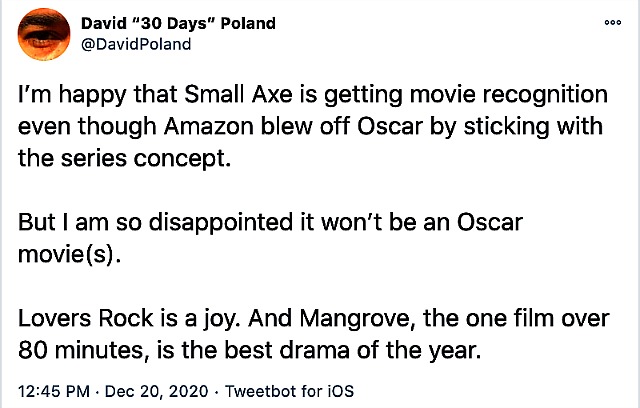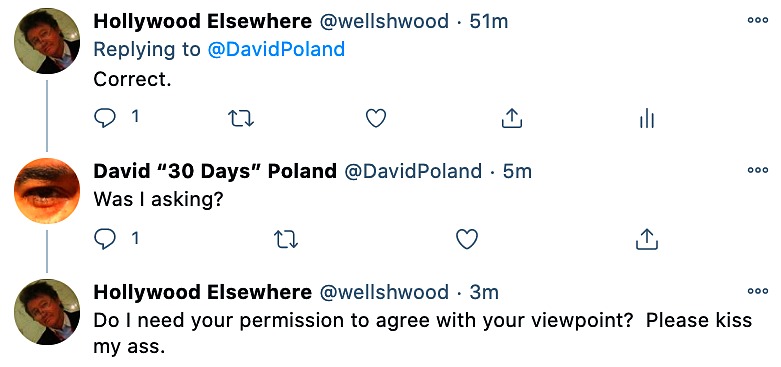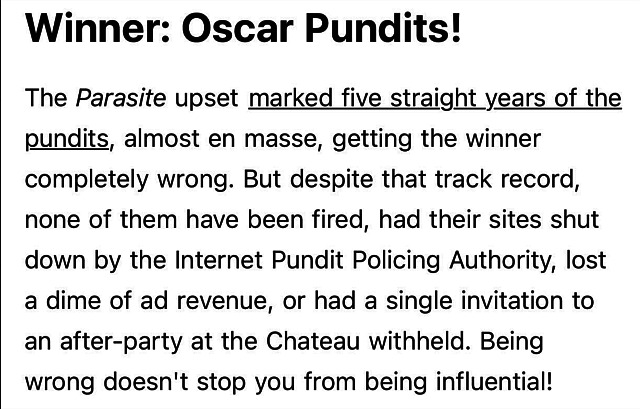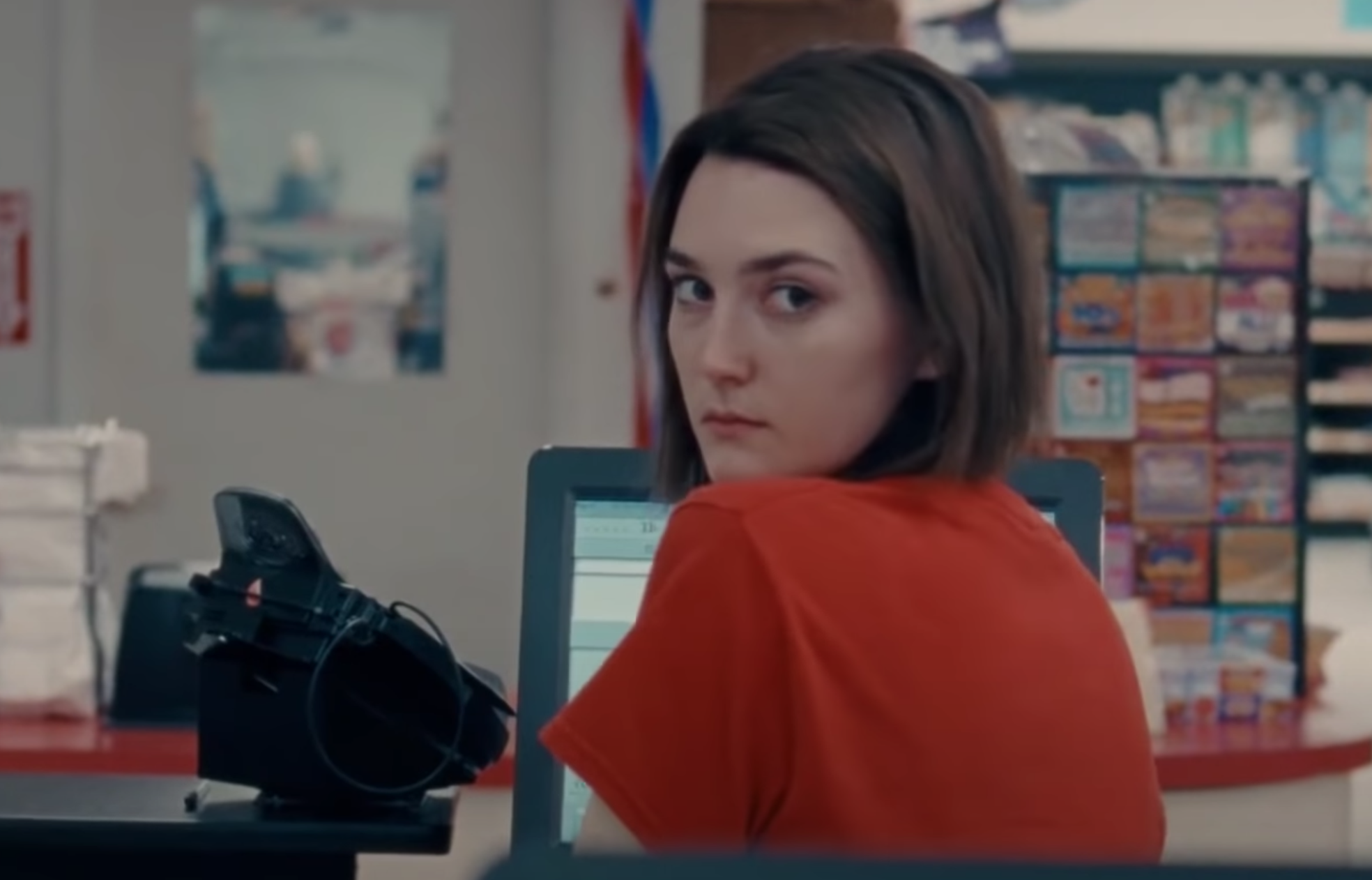Nearly two years have passed since Peter Jackson announced his intention to make The Beatles: Get Back, a doc that draws from 55 hours of unused Let It Be footage that was originally shot by director Michael Lindsay-Hogg. And yet, according to Jackson, he and his editors are only about half done. Covid interrupted everything, of course, but Jackson and his team couldn’t work remotely from home?
The forthcoming Disney release (due to stream on 8.27.21) will focus on the Twickenham Get Back sessions of very early ’69. Jackson has tried to convince prospective viewers that the Twickenham sessions were happy and jolly. Maybe they were in some respects. The clips in Jackson’s new teaser suggest that the Beatles, Billy Preston and George Martin were in good spirits (loose, playful), or at least when the cameras were on.
Jackson in January ’19: “The 55 hours of never-before-seen footage and 140 hours of audio made available to us ensure this movie will be the ultimate ‘fly on the wall’ experience that Beatles fans have long dreamt about. It’s like a time machine transports us back to 1969, and we get to sit in the studio watching these four friends make great music together.”
Due respect but this sounds like hype and salesmanship. In no way, shape or form has the Let It Be album ever been “great.” The proof is always in the pudding, and anyone will tell you that the Beatles were obviously in a semi-shitty, dysfunctional place during the Let It Be sessions. Because — hello? — Let It Be is a mostly shitty (if randomly interesting) throwaway effort.
“Working on this project has been a joyous discovery,” Jackson has insisted. “I’ve been privileged to be a fly on the wall while the greatest band of all time works, plays and creates masterpieces. I’m thrilled that Disney has stepped up as our distributor. There’s no one better to have our movie seen by the greatest number of people.”
Any half-honest person will tell you that the Let It Be album is a sluggish, retro-lazy, downish, uninspired thing. Let It Be Naked has value, but the remixed Phil Spector version is arguably the worst album the Beatles ever issued.
The tracks are mostly underwhelming: “One After 909”, “Don’t Let Me Down”, “Dig a Pony”, “I’ve Got a Feeling”, “Get Back”, “Let It Be”, “I Me Mine,” “Two of Us”, “Maggie Mae”, “Dig It”, “The Long and Winding Road”…God! The only tracks I can stand are “For You Blue” and the original “Across the Universe.”
The Beatles got their mojo back, of course, when they recorded Abbey Road between March and August ’69. What I wouldn’t give for 55 hours of footage that covers that final period…one in which they seemingly created and performed as a band with a more or less unified spirit…or at least a simulated one with George Martin at the helm.
Or even better, how about a doc that covers their creative peak years in ’65, ’66 and ’67 — Rubber Soul, Revolver and Sgt. Pepper. Or one that covers that whole era of revolutionary change throughout the industry?






